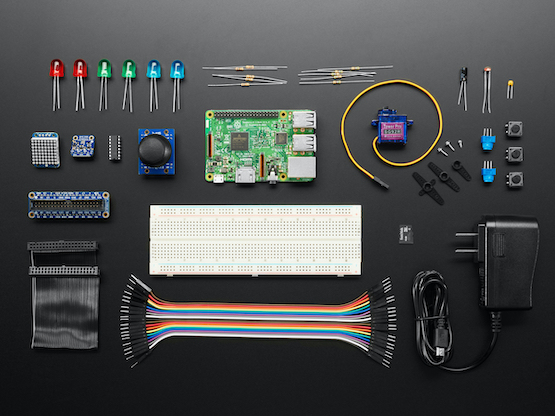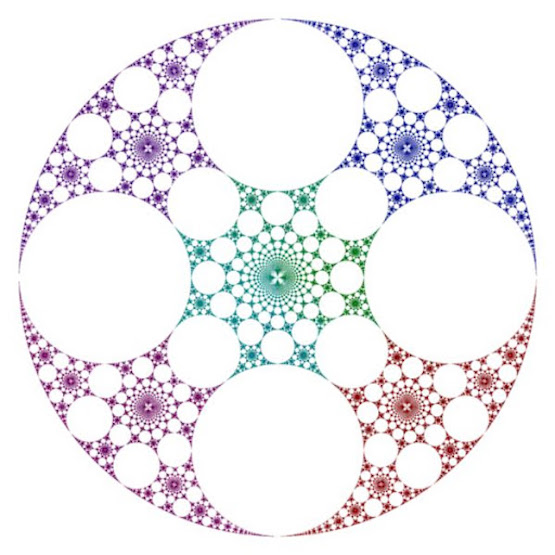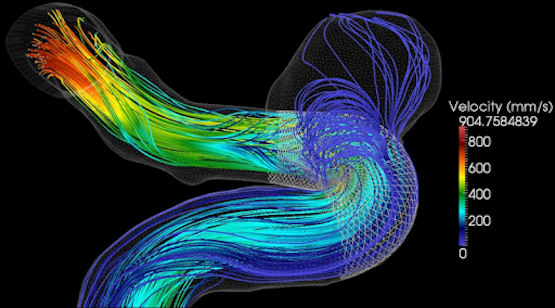
The purpose of this project is to have a single stored repository with solutions to common problems. Although it is meant to capture mostly C++ examples other semi-related examples may exist over time (e.g. Docker, PDF generation, protobuf implementation, etc.).






